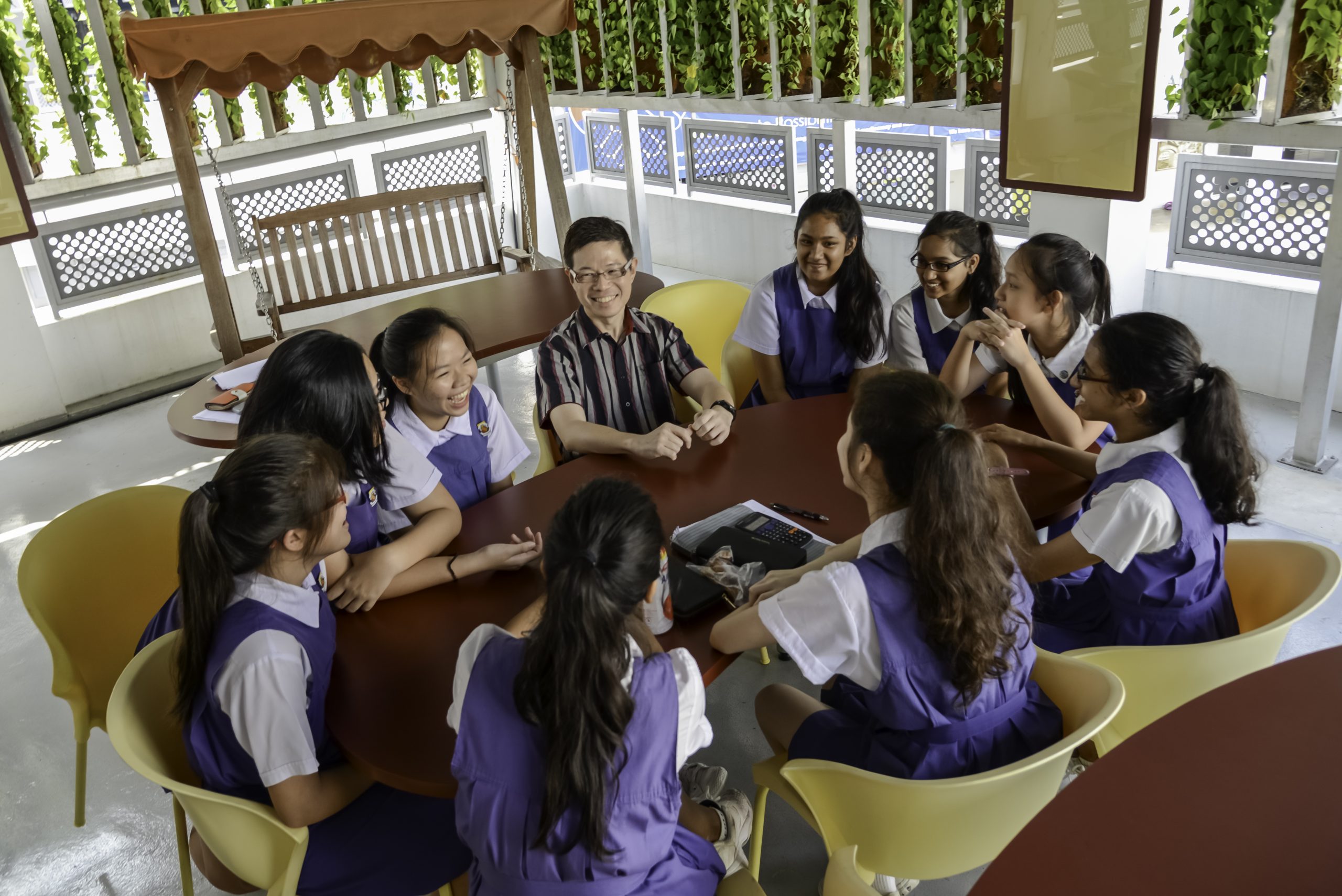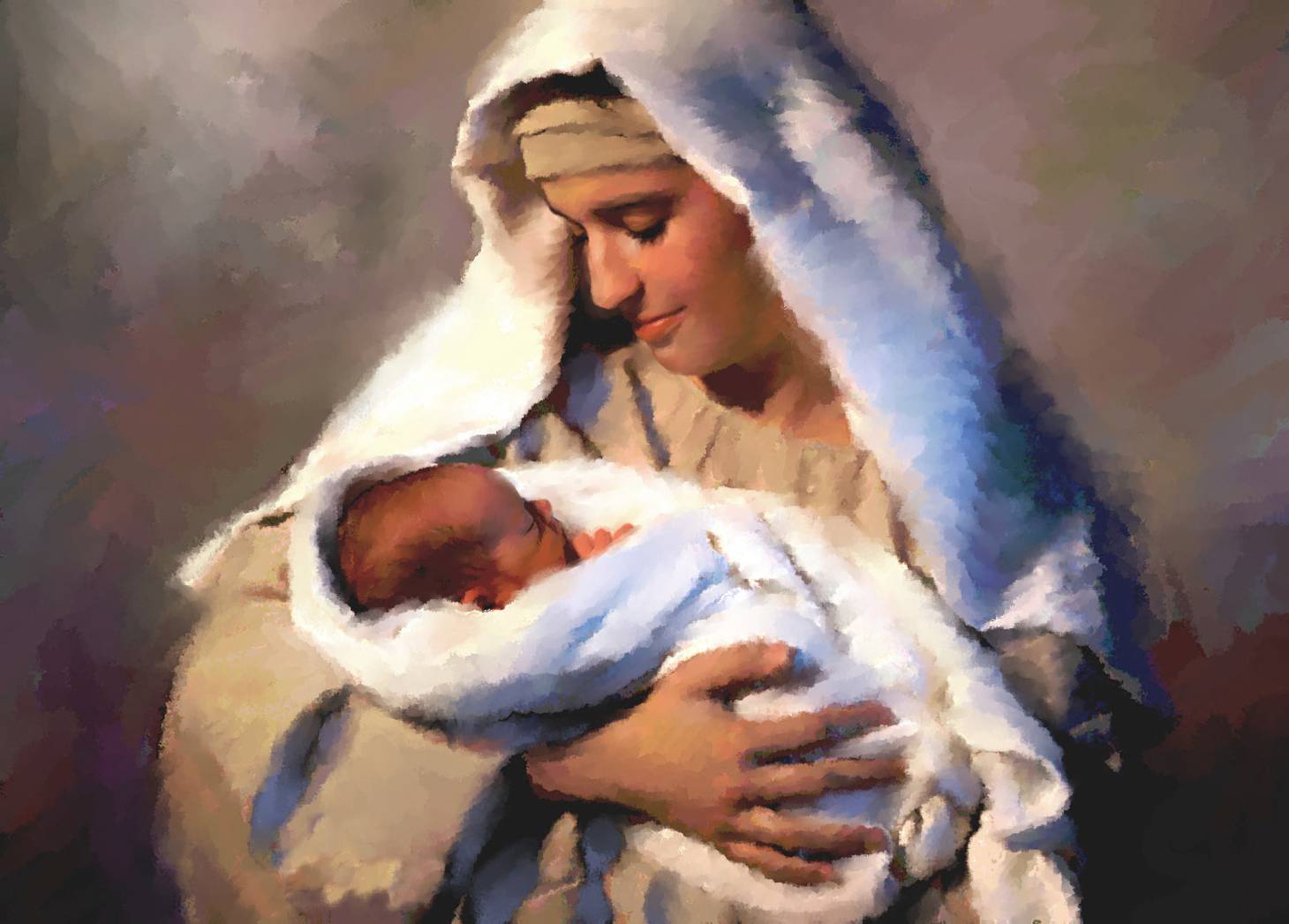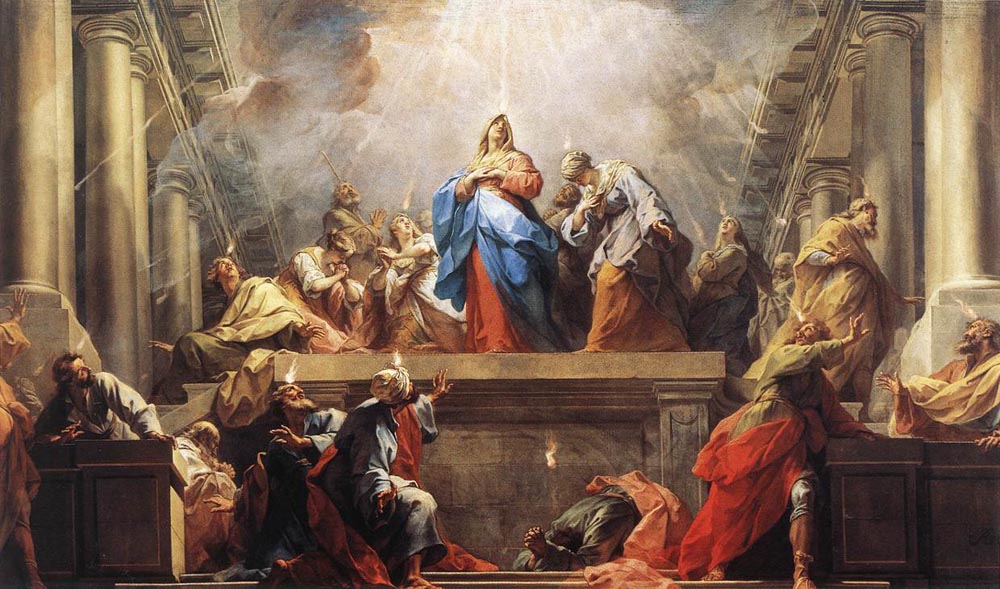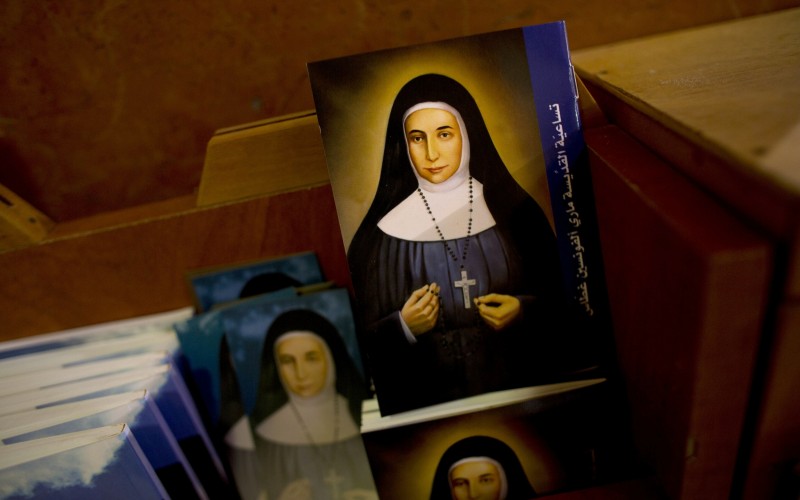Geraint Wong teaches English Language at CHIJ Secondary.
Why did you want to be a teacher?
I’ve always found joy in nurturing and developing young people. Plus, after giving tuition and doing relief teaching during my university days, I found I had the gift of explaining things clearly, so teaching became a natural path to take. But – and this may surprise some people – I didn’t quite settle on it till my honours year.
What is the biggest challenge you face as a Catholic educator?
I don’t think being a Catholic educator is any different from being an educator in general, because being an educator entails being a role model to students. In the case of a Catholic, this means being a witness to Gospel values, but in a general sense it means espousing good values – in short, being true to yourself and what you believe in, whether you are Catholic or not. But this isn’t the biggest challenge. To me, the biggest challenge in being an educator is having enough time for my students (which includes preparing good lessons and giving them timely and valuable feedback on their work) in the midst of all the other work I have to do.
What were you doing before becoming a teacher?
University – did my bachelor’s, honours and master’s degree consecutively before I started work. Before university I did a short stint at the front office of a hotel – enjoyed that job thoroughly, but I didn’t stay on because the prospects didn’t seem that great.
What is your fondest memory/experience as a teacher?
There have been so many that it’s difficult to single out specific instances. In general, I’ve always enjoyed the times I’ve worked with students outside the classroom setting – such as meetings with student leaders, training of emcees, even informal chats with students filled with banter and laughter.
Has your faith affected you in your role as a teacher in any way?
Definitely. I am acutely aware of how the Holy Spirit is constantly guiding and inspiring me in my teaching vocation – I would never have achieved what I have all these years without him. I also try to approach my students the way Jesus approached his disciples and the crowds that followed him – with compassion and a deep respect for their personhood.
What are some of your key priorities as a teacher?
My students always come first. Sadly, however, administrative work often cries out for attention and competes for my time – but it’s often a necessary evil.
What is one way you try to inspire your students?
By being true to myself and sharing my experiences, or other stories that I’ve heard or encountered, with them.
Do you try to share your faith with students? How so?
In Religious Education classes, yes, explicitly, by sharing my faith journey and experiences. I’m also in charge of Spirituality in my school, and when we have practices for Masses, I take the opportunity to explain some aspects of the faith or the liturgy with the classes involved (which include non-Catholics). In other contexts, I do so more subtly and indirectly, preferring to lead by example. I think the most edifying thing a student (who wasn’t in my RE class) ever told me was, “You make me want to be a better Catholic.” That was enough of an affirmation for me.
What do you like most about being a Catholic?
Hmmm. I’d say the good balance between “structure” (the Church, the sacraments, the liturgy, etc) and the more personal “unstructured” aspects of the faith (personal prayer, relationship with God). I think God in his infinite wisdom knew all along that we need both in our lives to sustain our faith and commitment.
How do you keep close to God?
Daily quiet time, informal conversational prayer throughout the day, attending weekday Masses whenever possible.
What brings you joy in life?
Accomplishing things. This can range from big things like seeing a project through to its completion, to small things like seeing the look of understanding or enlightenment on a student’s face when she gets what I’m trying to say.
What is your favourite scripture passage?
I have a few. I guess my top two are John 10:10 – The thief comes in order to steal, kill, and destroy. I have come in order that you might have life, life in all its fullness. And Jeremiah 29:11 – I alone know the plans I have for you, plans to bring you prosperity and not disaster, plans to bring about the future you hope for. They are my greatest motivations for hope and optimism in life.
If you weren’t a teacher today, how different would your life have been?
I’d likely have a lot more time on my hands! In fact, I did leave the teaching service for 1.5 years, from Jan 2011 to Jun 2012, to work with The Straits Times Schools team. It was a good experience that taught me many things (chief among which was honing my writing craft), but eventually I found that I was lacking the fulfilment that came with the daily interaction with students, so I returned.





